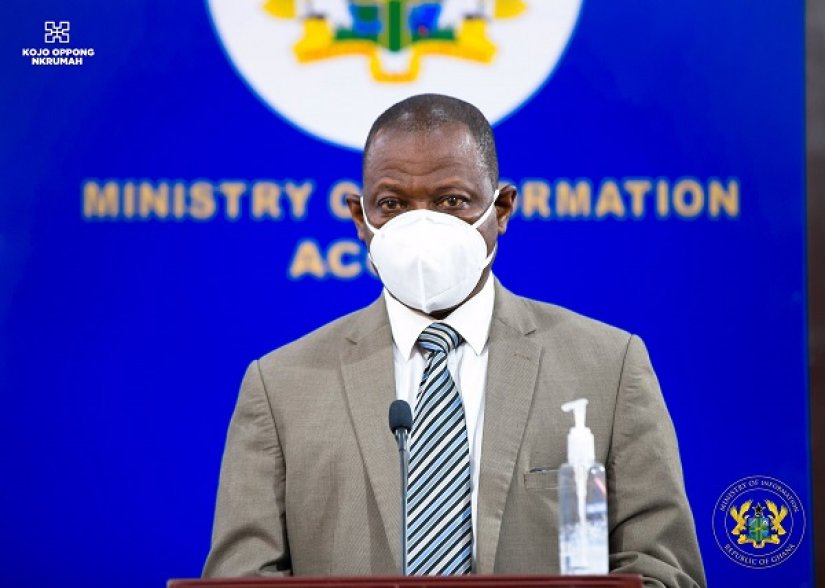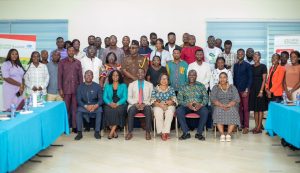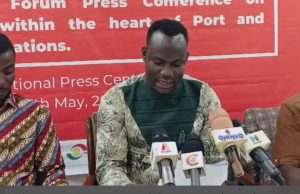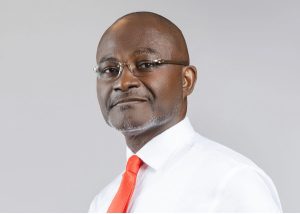Dr Patrick Kuma-Aboagye, the Director-General of the Ghana Health Service (GHS), on Tuesday, said no COVID-19 samples have gone bad as reported last week by some media institutions.
Dr Kuma-Aboagye, who was responding to questions posed by journalists regarding an earlier publication that some 3,000 samples collected from Takoradi to be tested for COVID-19 had gone bad, due to the lack of proper storage capacity by the testing centres, said that could not be the case.
He explained that the only grounds for which a sample could be rejected was when the specimen was improperly collected, citing examples such as providing saliva instead of sputum; and likewise when there was a spill due to improper handling, then, it may be unclear if another sample may have contaminated.
Dr Kuma-Aboagye gave the clarification when he took the time to give an update on the country’s COVID-19 case count and management, at the Ministry of Information’s bi-weekly press briefing in Accra.
He said the various testing centres had very good and huge storage capacities not only for samples of COVID-19, but also for other research purposes, and there was no doubt that all the specimens being given to them were properly preserved.
He said although he could not give the exact sizes of these storage capacities as they varied from cold boxes to fridges, he said, per the report given by Professor William Kwabena Ampofo, Head of the Virology Department of the Noguchi Memorial Institute for Medical Research, at the last update two days ago, the Centre had a backlog of 20,000 samples, which testified of the fact that they had the storage capability.
As to how long the GHS was going to take to complete the backlog, Dr Kuma-Aboagye reiterated that the Service was no longer going to focus on samples that would not be of any relevance, but would prioritize those special cases such as exposed health workers, students, sick persons showing signs and symptoms of COVID-19, all contacts from those who have tested positive, and death from unknown causes to ensure proper handling of these bodies.
The service, he said, would continue working with more recent cases as they continue to deal with the response of COVID-19, saying, “as we get new cases, we focus on them, but would not be focusing on the backlog”.
Dr Kuma-Aboagye urged the public not to be weary of observing the safety and preventive protocols of regular handwashing with soap under running water, avoiding touching of the face, nose, and mouth, wearing of nose masks, effective cleansing of surfaces and items including mobile phones, remote controls, door handles, and washrooms, as well as maintaining the social distancing rule to prevent the spread of the virus.
Source:myashhfmonline.com









